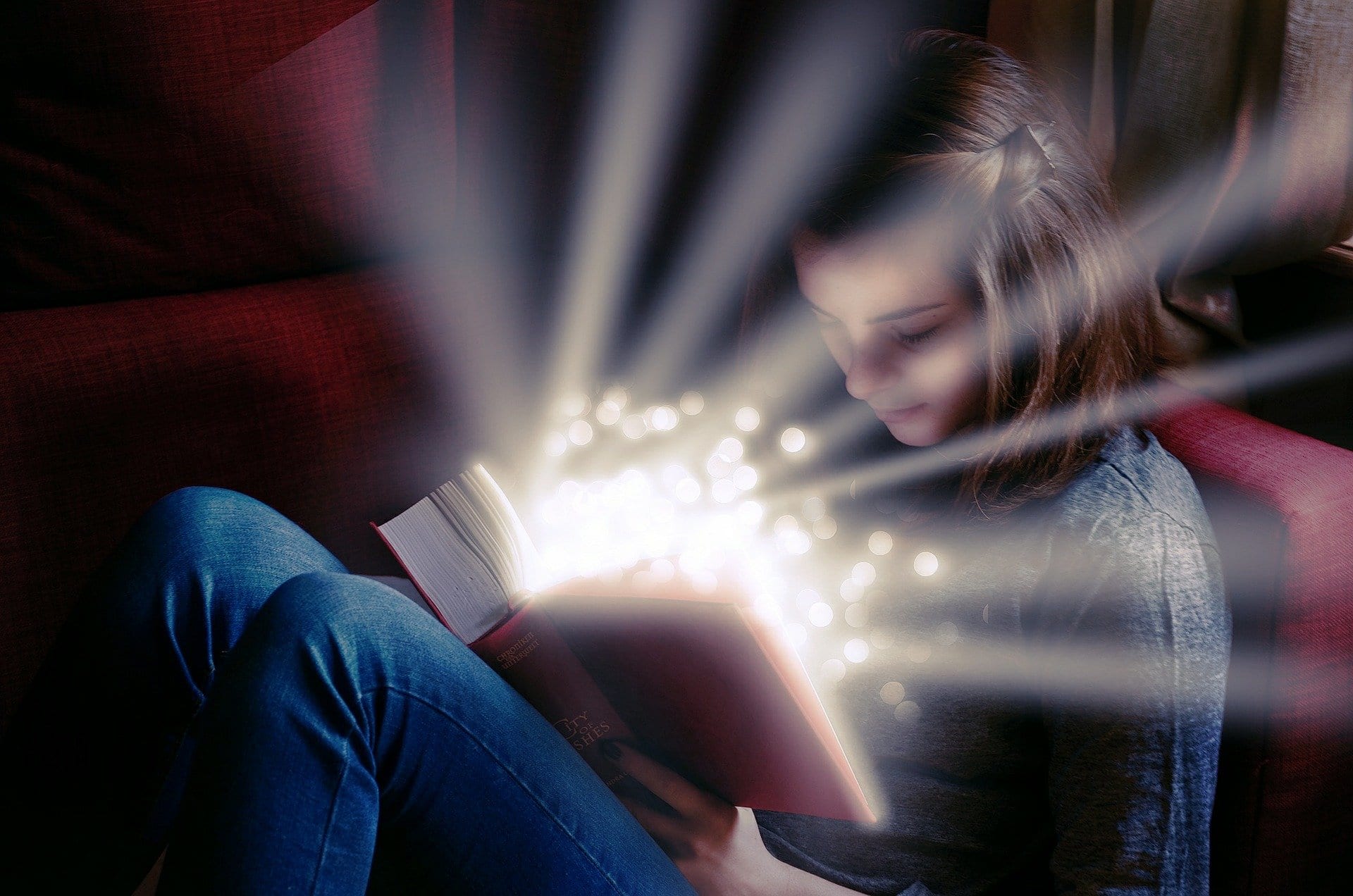2020 has been an unbelievably crazy year. It literally started out with the world on fire, and it seems everything has gone downhill from there. While we have all struggled with the chaos that has been thrown at us this year, we have also learned about the great and terrible nature of humanity. We have been awed and inspired by the grace, altruism, and sacrifice of some, while simultaneously horrified by the arrogance and selfishness of others.
For the past two weeks, protests have erupted across the United States, and even around the world, in response to the murder of George Floyd. These protests have not just been about police brutality. They have also highlighted the racism and injustice faced by people of color, especially in the U.S.. And for the first time, it really feels like the world might be listening, perhaps because we are all home and can no longer use our busy lives as an excuse to ignore the glaring systemic failures of political and social structures.
While most of the world has focused on these protests, another smaller fight against intolerance has been raging. Last week, J. K. Rowling, author of the popular Harry Potter Series, went on a Twitter rant about trans women. Rowling has made similar comments before, and has been called out by her fans for such comments, but this time seems to have been the final straw. This time, fans really weren’t having it, and many called for Rowling to be “cancelled,” for people to stop reading her books and watching the movies, and for fans to stop buying Harry Potter merchandise. This time, celebrities, most notably those who portrayed her characters in the movies, took time to address her comments and share their “disappointment” in her statements.
I agree with the outrage people have expressed toward Rowling’s comments. The Harry Potter series taught us so many incredible lessons. We learned about the value of love and friendship. We learned about the importance of being brave and standing up for what’s right. And most significantly, we learned about acceptance and equality.
How could the woman who was responsible for instilling us with these principles become the villain we thought we were fighting against?
But here’s the thing: I think you can cancel Rowling without cancelling Harry. As an English teacher, one of my favorite things to teach my students is that once an artist, including authors, puts her work out into the world, she loses control over it. It becomes a living thing. Its success is not dependent on the quality of its plot but on the response its readers give it. J.K. Rowling didn’t make Harry Potter one of the most influential series of all time. Harry Potter fans made J.K. Rowling the richest woman on earth. In other words, it is the themes of Harry Potter that resonate so strongly with readers, young and old alike, not the author herself, that make it such a popular and beloved series.
To stop reading the series because of the author, is to stop learning the lessons that the book, not the author, taught us. As Daniel Radcliff, the actor who played Harry in the movies, so eloquently stated in his response to Rowling:
If these books taught you that love is the strongest force in the universe, capable of overcoming anything; if they taught you that strength is found in diversity, and that dogmatic ideas of pureness lead to the oppression of vulnerable groups; if you believe that a particular character is trans, nonbinary, or gender fluid, or that they are gay or bisexual; if you found anything in these stories that resonated with you and helped you at any time in your life — then that is between you and the book that you read, and it is sacred. And in my opinion nobody can touch that. It means to you what it means to you and I hope that these comments will not taint that too much. (The Trevor Project)

If we stopped reading every piece of work because of the character of its author, there are an awful lot of classics we would no longer read. Edgar Allan Poe, master of the macabre, married his 13-year-old cousin. Mary Shelley, author of Frankenstein, a novel that teachers that monsters are not born but are a product of their (lack of) nurturing, was a teenager when she ran away with an already married Percy Shelley, and when he died, she kept his heart! Their BFF, Lord Byron, the inspiration for every bad boy character teenage girls swoon over, had a child out of wedlock with Mary’s half sister before kicking her to the curb and raising their child amongst his animal menagerie. There are countless examples of racism in the works of Charles Dickens, author of The Christmas Story, yet his works are still taught, and great teachers point out those moments as opportunities for learning and discussion. We still read the works of all of these authors, not because of who the authors were, but because the works still resonate with us nearly 200 years later.
You can stop buying Harry Potter merchandise or paying to see the movies, but please don’t stop reading the books. You can borrow them from the library or a friend without putting another dime in Rowling’s pockets, but please don’t cancel the magic. The fact that the author turned out to be a Death Eater shouldn’t keep you from learning the fantastic lessons of Hogwarts.
















